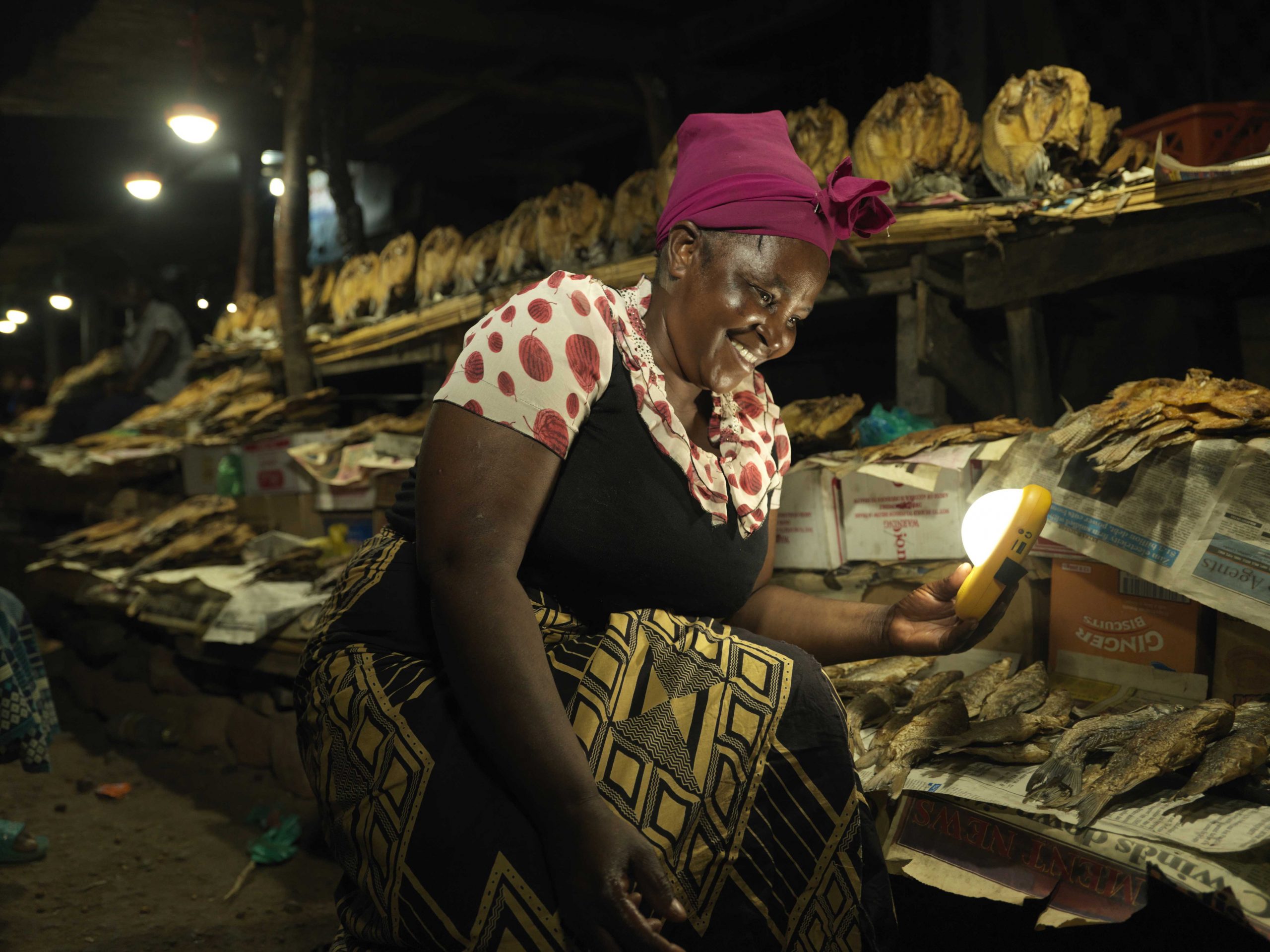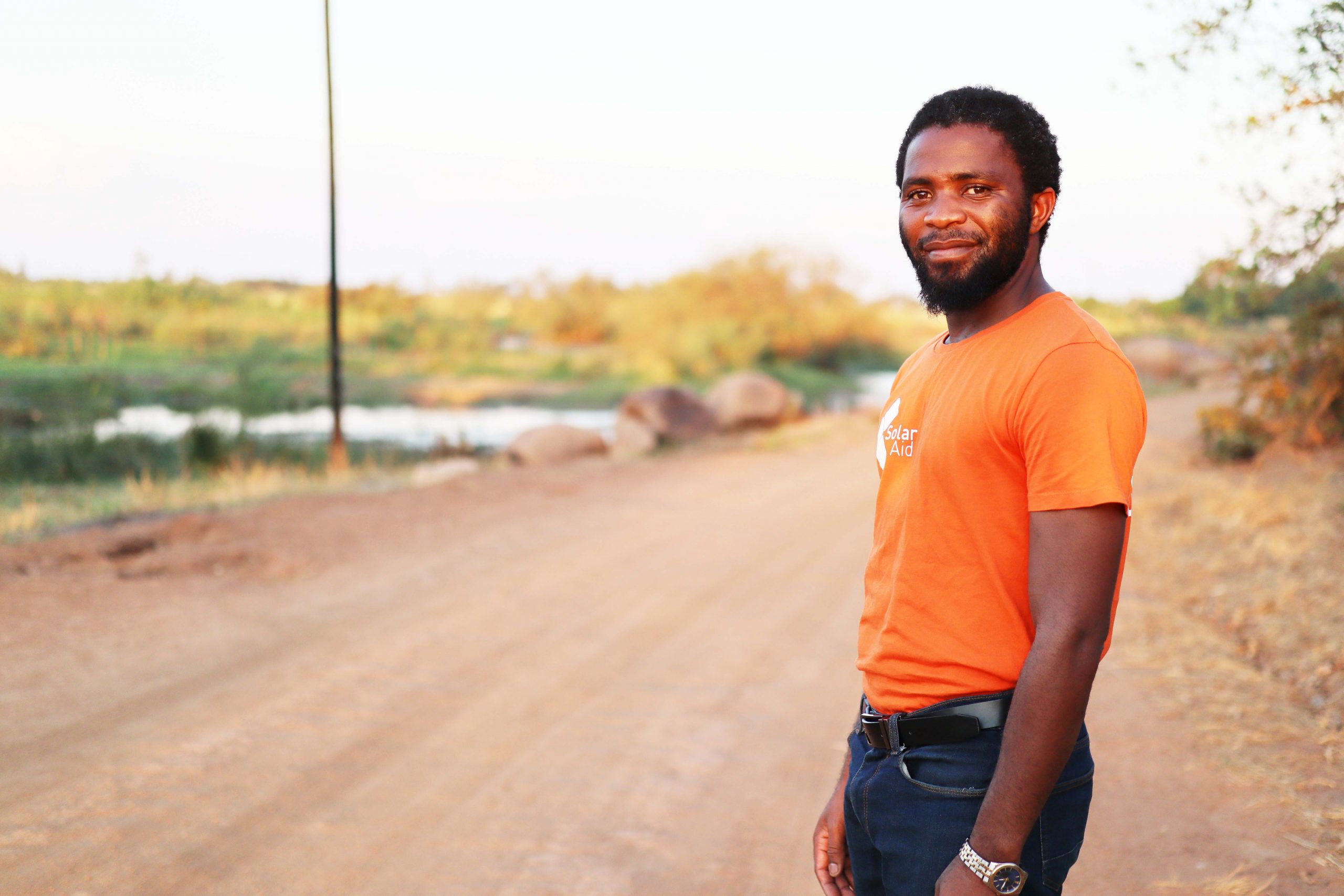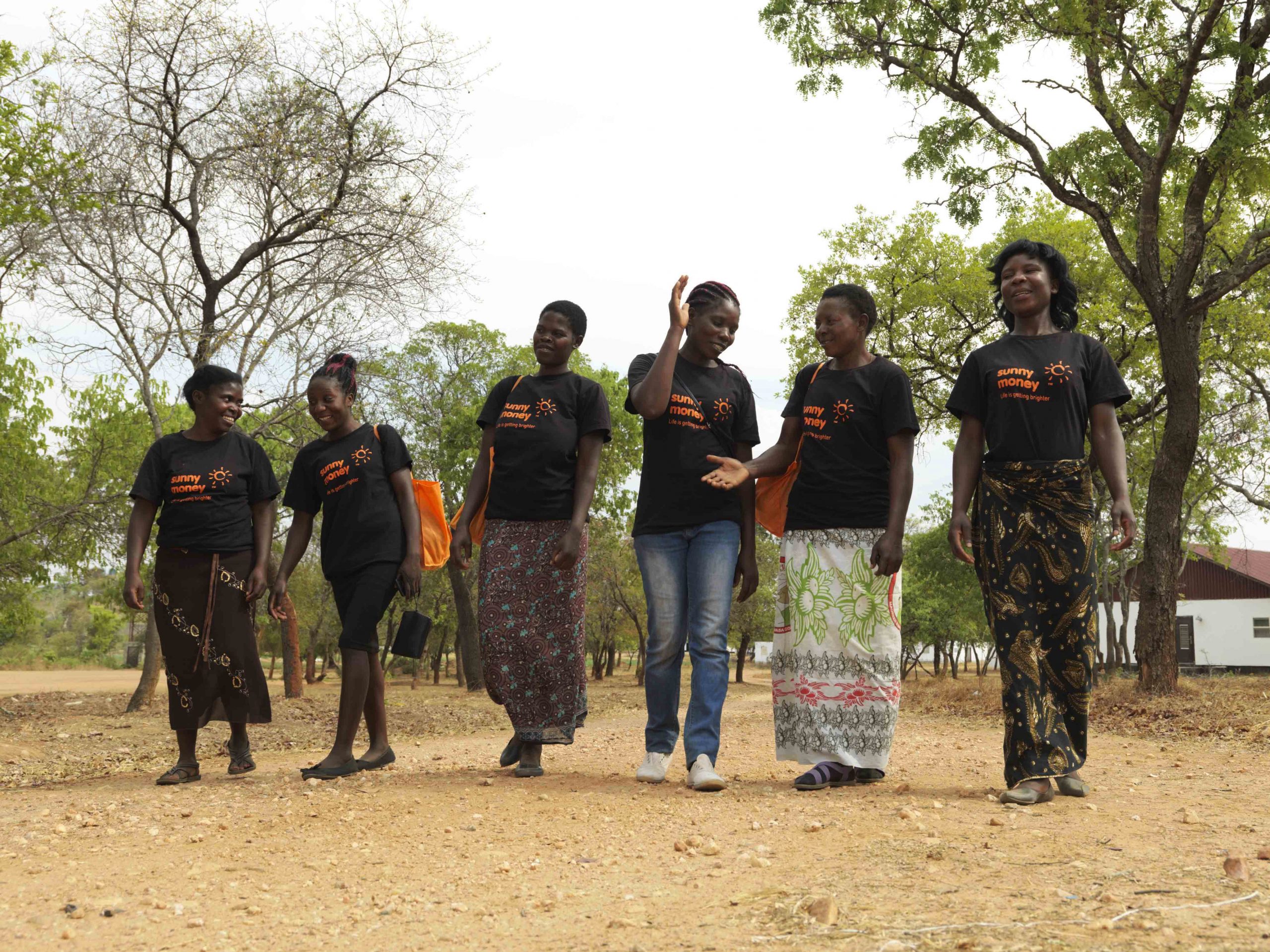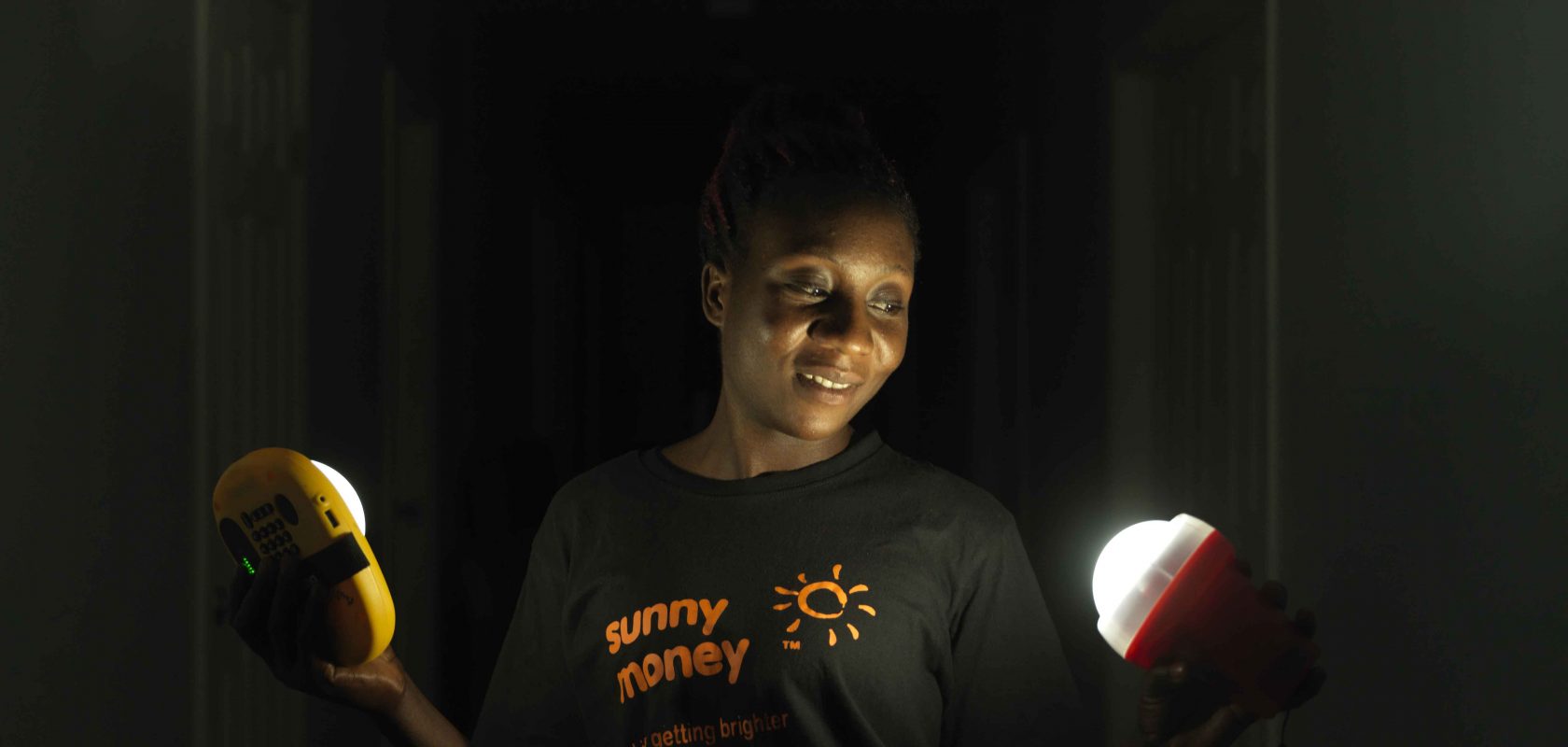Across sub-Saharan Africa, energy poverty disproportionately affects women and girls.
Because women and girls are the main users of energy in the home, a lack of access to clean and safe electricity means they are hit hardest by the effects of household air pollution which now kills more people globally than HIV, malaria and tuberculosis combined (WHO, 2018). Additionally, gender norms in rural communities often mean that women do not have a voice in household decision making on energy.
However, the narrative on women as victims of energy poverty is changing. Women are key change-makers in providing energy access to rural communities and we recognise that having women at the forefront of our work is essential to achieving our mission of lighting up every home, school and clinic in Africa by 2030, using safe, clean, solar power.
There is growing research showing women are best placed to bring renewable energy to their communities. As we are rapidly approaching the 2030 deadline to achieve the UN Sustainable Development Goals (SDGs) and in the context of COVID-19 disproportionately affecting women, the time to act is now.

Doris Phiri fish market seller and solar light customer, at Luangwa Bridge Market in Zambia.
This year, SolarAid is launching the Mayi Walas programme, to recruit, train and support female solar entrepreneurs in rural Malawi. Mayi Walas means “Shining Mothers” in Chichewa, Malawi’s national language.
This new programme combines access to training, finance and long-term business support to strengthen female entrepreneurs to break through the barriers they face in launching, growing and scaling successful businesses.
Brave Mhonie, General Manager at SolarAid Malawi says, “We are 100% committed to implement this programme that supports women to come out of both socio-economic poverty as well as energy poverty. We want to drive change, we want to drive growth and we want to drive the success of women in rural areas through energy businesses.”

Brave Mhonie, General Manager at SolarAid Malawi.
Women face far more barriers to launching, growing and scaling a business than men.
For women in rural Malawi, running a successful business is very difficult because of the multiple barriers they face as female entrepreneurs. Lower levels of education and a lack of training opportunities result in women having weaker business skills and lower confidence to start a business. Because of this, there are very few options available to women outside the informal sector, selling goods at marketplaces.
We know that access to loans and financial services is a key issue for all of the entrepreneurs we work with, but women face additional regulatory and cultural barriers to accessing the loans they need to grow their businesses.
Women also face societal barriers restricting them from thriving as entrepreneurs. Societal norms often limit women in rural Malawi to spend much of their time on household duties such as cleaning, cooking and care-giving, leaving little time and opportunity to grow a sustainable business.
Women are disproportionately affected by COVID-19
These barriers faced by female entrepreneurs leave women vulnerable to ‘shock-induced poverty’ caused by events such as Cyclone Idai in 2019 and the current COVID-19 pandemic.
The impact of COVID-19 has exacerbated the challenges faced by female entrepreneurs, with market closures, restrictions on travel and little time for running a business with women being primary care-givers in health crises.
Additionally,household financial pressures, and limitations on socialising and movement have made women more vulnerable to gender-based-violence and exploitation in the home.
The Mayi Walas programme has been designed to build women’s economic independence. We hope that this will help them to overcome some of the gendered impacts of COVID-19, prevent them from becoming long-term issues and build women’s resilience to similar events in the future.

Shimilundu Ladies group, solar entrepreneurs in Zambia.
Women are essential in reaching rural communities with energy access
Women are best placed to bring renewable energy to their communities. Women are not only the primary users of household-energy, making them better placed to approach female customers and tell them about the benefits of solar light, they are also well-trusted members of their community with extensive social networks providing a ready customer base for selling solar lights.
Studies have also shown that improving women’s income opportunities drives economic development. Women are known to invest more of their income (90%) into healthcare, education and welfare than men (30-40%). This has a multiplier effect within the community, and plays a significant role in reducing poverty.
The Mayi Walas Programme: the Shining Mothers of Malawi
Over an 18 month period, SolarAid will recruit 150 groups of Mayi Walas (1,500 women) in Malawi.
We will be working closely with Village Savings and Loans groups (VSLs), which operate as small, informal credit unions in almost every village in Malawi – where community members deposit savings and take out small loans. VSLs are the perfect place to recruit Mayi Walas because 80% of members are female, they already have experience with financial management and they are in need of business opportunities outside the oversaturated informal sector.
Once recruited, SolarAid will train the Mayi Walas in financial management, marketing and the benefits of solar products.
A key part of the Mayi Walas programme is providing access to loans for female entrepreneurs. To enable the Mayi Walas to scale their solar businesses, we will provide solar lights on interest-free loans through a model designed to ensure that after 12 months the women are running self-sustaining businesses.
The Mayi Walas will then be invited to become members of FEBCO, the micro-finance institution established by SolarAid, where they will be able to access larger loans and have long-term business support.
As SolarAid’s first programme dedicated to supporting female entrepreneurs, we are excited to see the impact this model will have. We hope that the presence of successful, female-led solar businesses will have a trickle-down effect in rural communities – having a positive influence on perceptions of women as leaders, encouraging families to keep their daughters in education and inspiring young girls to dream of becoming business owners and leaders themselves.
With a network of ‘Shining Mothers’ of Malawi lighting up their communities we are closer to achieving our mission. With women at the forefront of rural energy access programmes we can light up every home, school and clinic in Africa by 2030.
